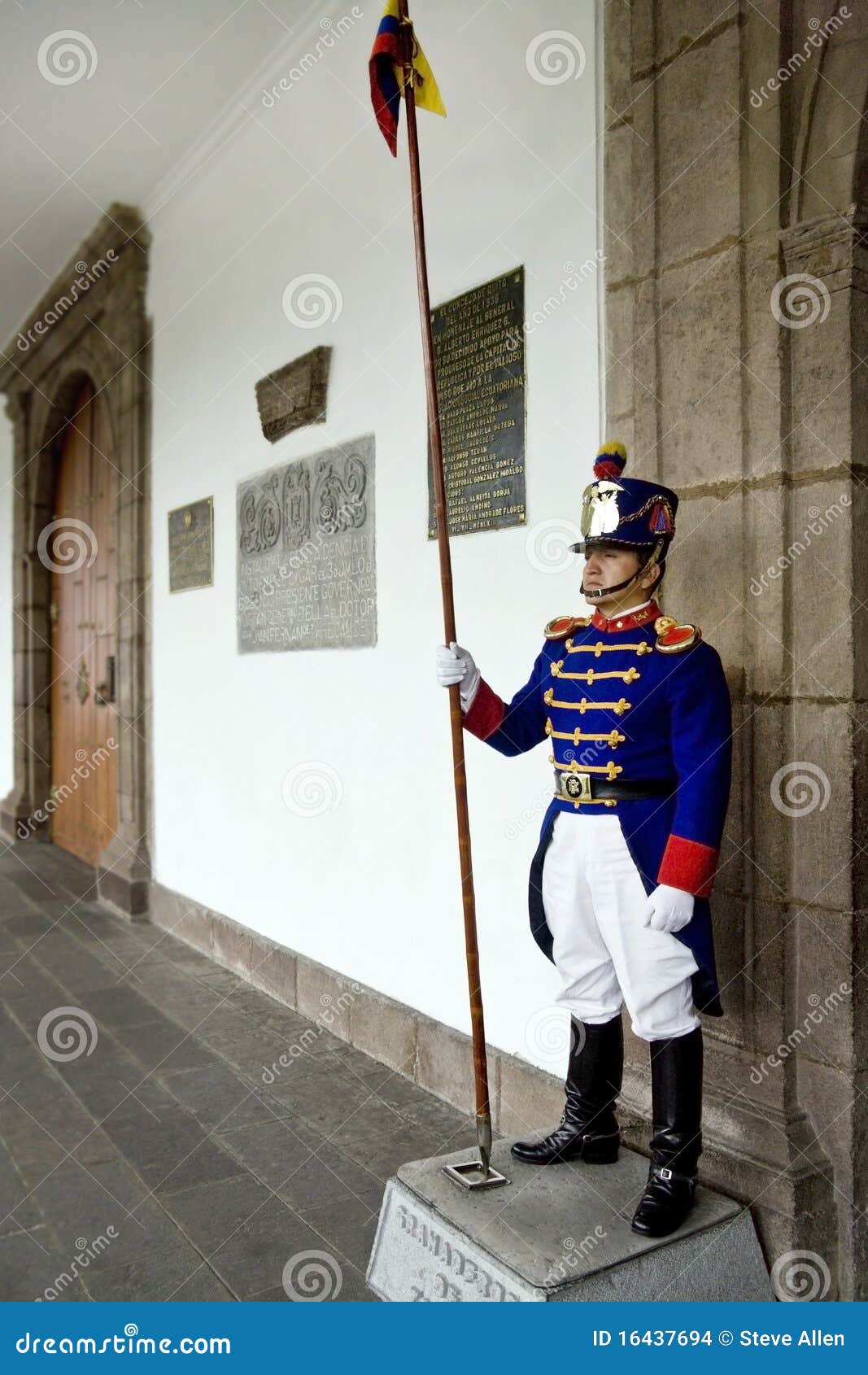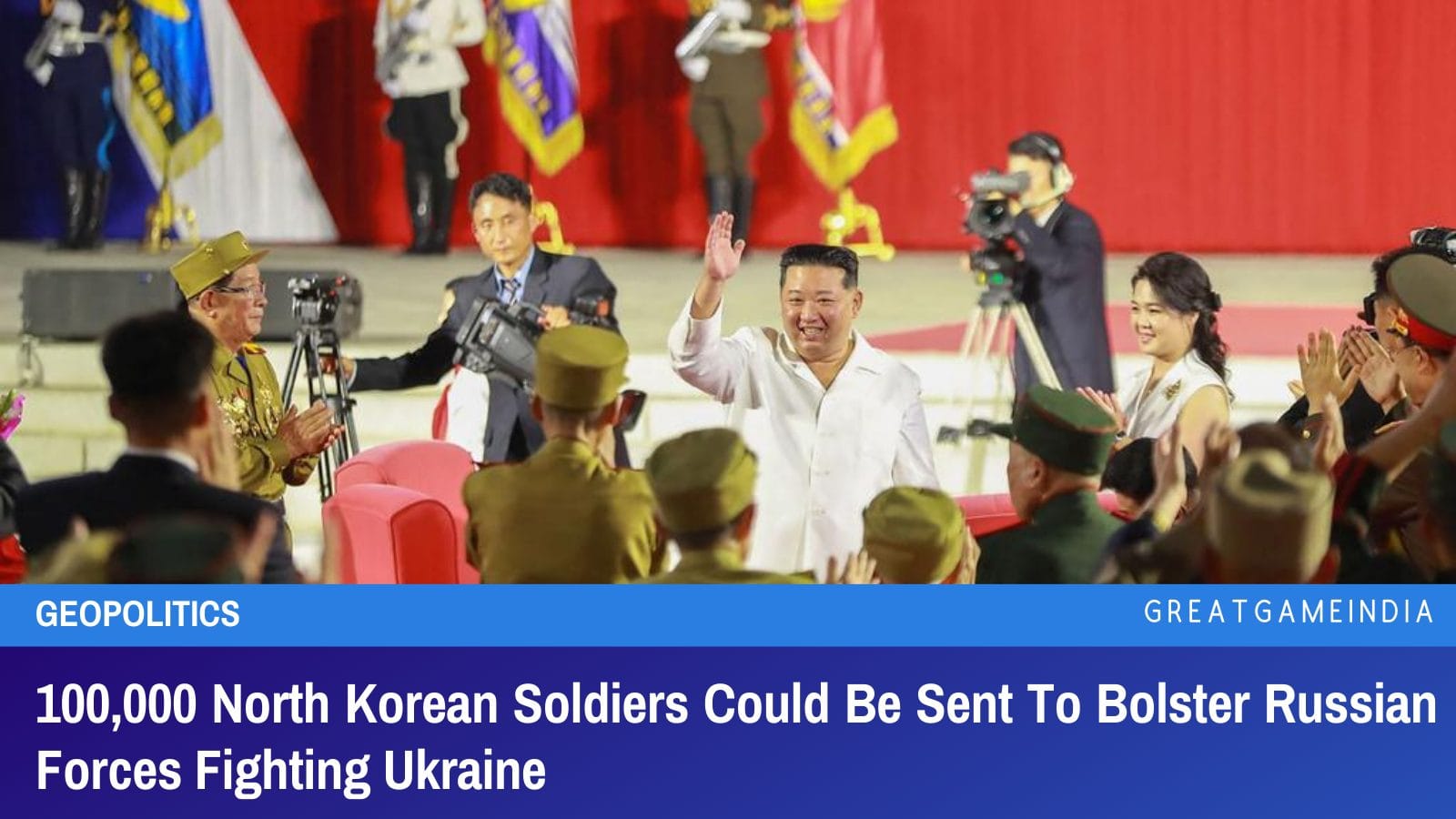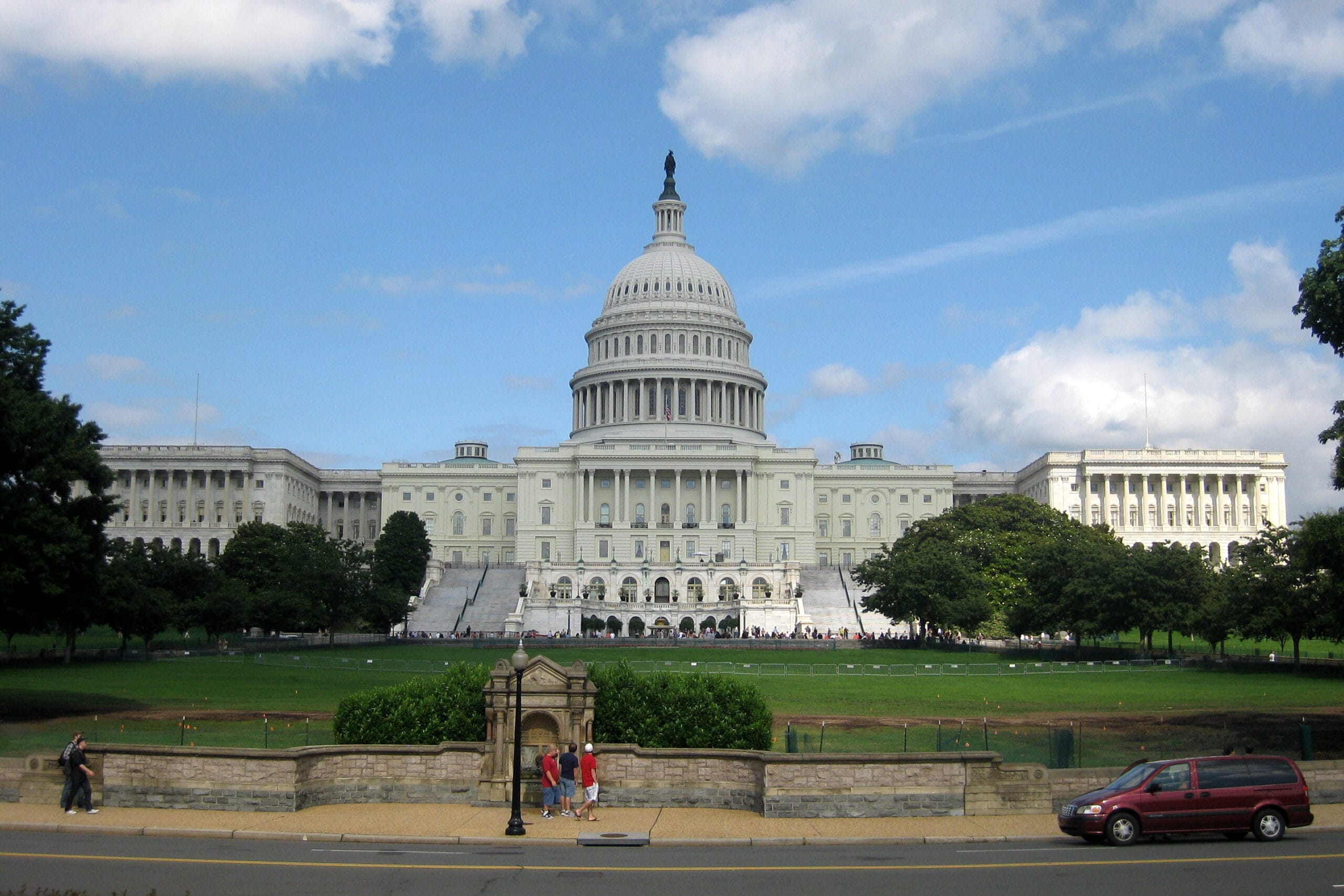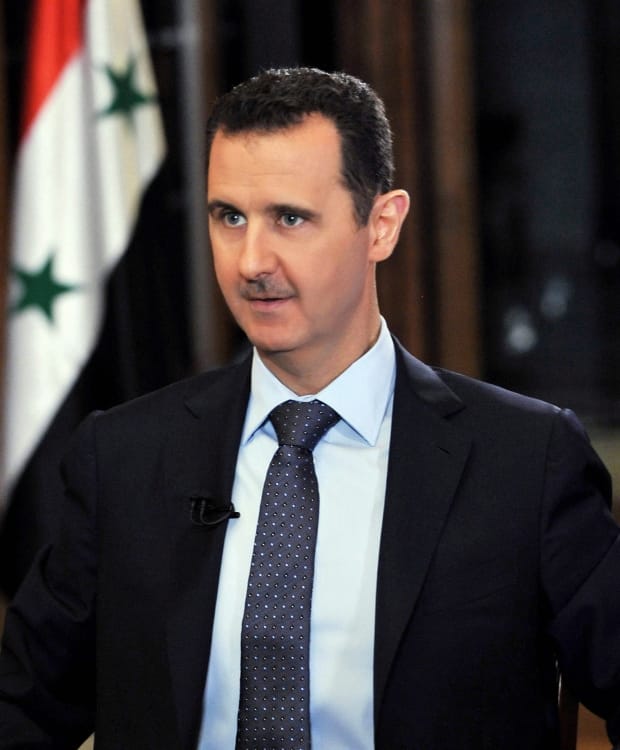Ecuador’s tightly contested presidential election reached an impasse, as no candidate managed to secure the majority requirement to claim victory in the first round. The vote, characterized by widespread political engagement and considerable voter turnout, has resulted in a runoff election slated for April between Daniel Noboa, the conservative incumbent, and Luisa González, his leftist rival. This election is pivotal for a nation grappling with political polarization and pressing security concerns.
The preliminary election results, verified by Ecuador’s National Electoral Council (CNE), revealed a neck-and-neck race between the two prominent candidates. Noboa, representing the center-right bloc, earned just over 44% of the votes, while González, bolstered by the left-wing backing of Former President Rafael Correa, trailed closely behind with 43%. Neither candidate reached the 50% plus one vote majority threshold required to secure a decisive victory.
In light of these developments, CNE President Diana Atamaint confirmed the runoff, describing the situation as a “technical tie.” The remaining candidates in the 16-candidate field, several of whom had centered their campaigns around indigenous rights and environmental advocacy, garnered relatively small proportions of the vote. Nonetheless, their endorsement, or lack thereof, could significantly influence the April runoff’s outcome.
The election has laid bare Ecuador’s deep political divisions and the myriad challenges that the next administration will face. While Noboa campaigns on a platform of law-and-order measures aimed at addressing escalating violent crime and insecurity, González advocates progressive economic reforms and strengthening ties with leftist movements in the region.
Observers have noted González’s surprisingly robust performance, exceeding initial polling expectations. Her campaign has drawn substantial support among rural voters and historically disadvantaged communities, reflecting widespread dissatisfaction with the current administration’s handling of social and economic concerns. Conversely, Noboa’s campaign has fueled suspicions among some voters toward leftist proposals, driving his message that security stability demands continuity in conservative governance.
Ecuador has been navigating a period of heightened sociopolitical volatility. In 2023, early elections were called following a constitutional crisis sparked by legislative clashes with the executive branch. Since then, debates over wealth redistribution, generational policy shifts, and responses to organized crime have dominated the national discourse.
The runoff, scheduled for April 13, is expected to be a vibrant yet divisive race. Analysts emphasize that the competing narratives will shape not only the presidential race but also the legislative landscape, as both major coalitions seek to consolidate power and implement their visions. The upcoming weeks will likely see intensified campaigning, as Noboa and González vie for the critical undecided vote, particularly amongst the supporters of smaller, now-eliminated candidates.
In an election that has triggered regional and international attention, Ecuador’s democracy stands firm amidst the challenges of raising political stakes. As public opinion oscillates between continuity offered by the incumbent and prospects of transformation promised by the challenger, the runoff will undoubtedly determine the path Ecuador will follow in subsequent years.



